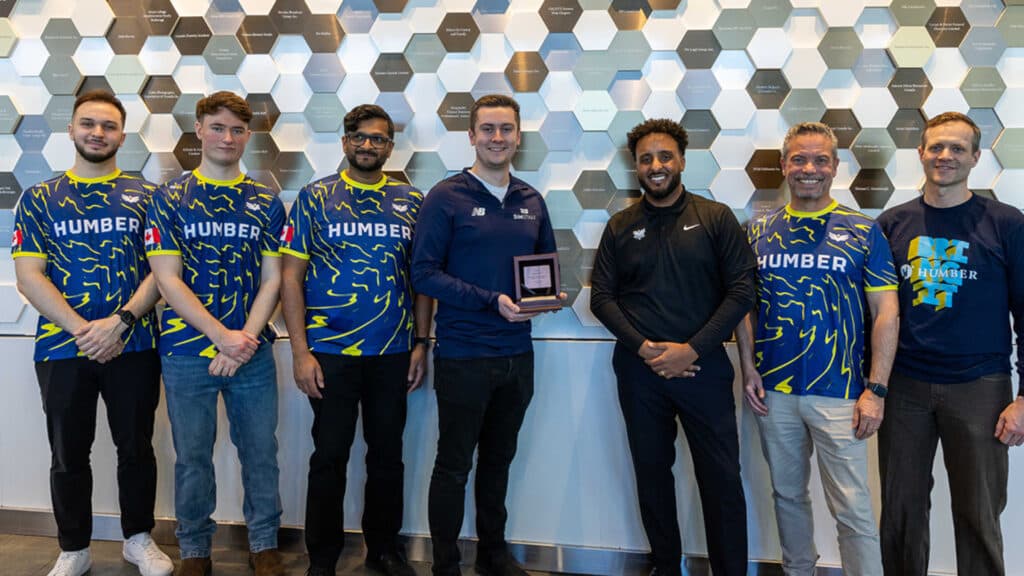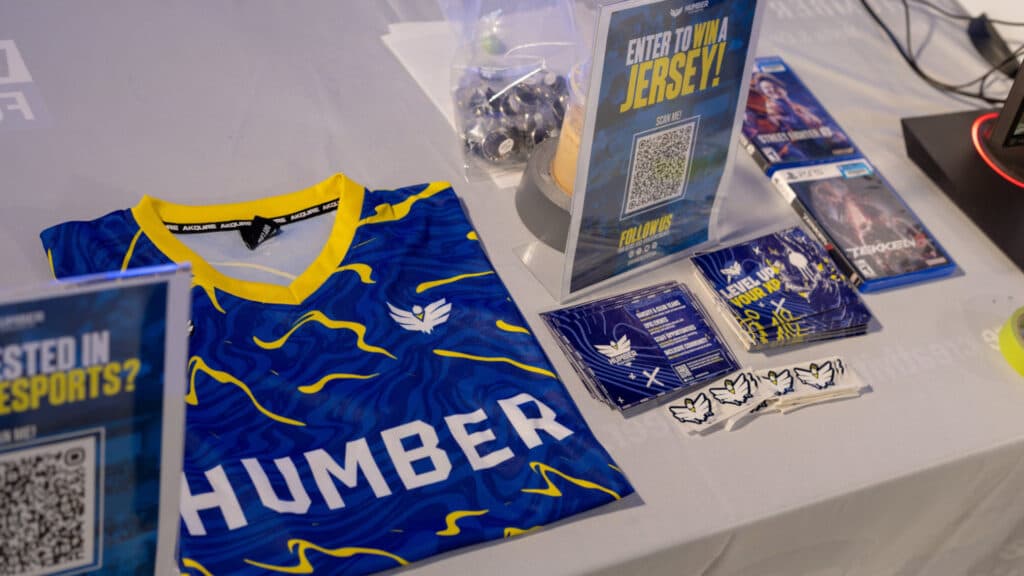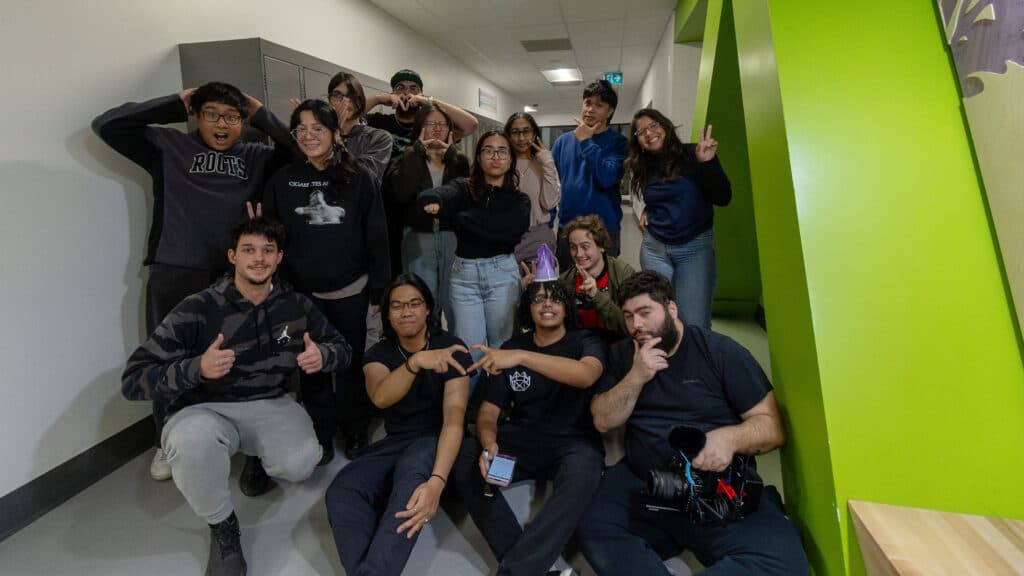Esports.gg sat down with Bernard Mafei for an interview about how racing simulators can have a positive impact on students who are interested in esports and beyond.
A significant step is being made in the Canadian collegiate esports scene as Humber Polytechnic's Faculty of Media, Creative Arts & Design (FMCAD) has partnered up with SimStaff. SimStaff is a U.K. company that specializes in racing simulation technology. We sat down with Humber Esports senior administrator Bernard Mafei for an interview on what students can expect from this collaboration and the overall impact of it.

Bernard Mafei talks Humber Esports and racing simulators
In his interview with esports.gg, Mafei revealed that Humber Esports' partnership with SimStaff brings two high-performance racing simulators to Humber Polytechnic's North campus. The exact location of these racing simulators is the campus' Barrett Centre for Technology Innovation.
Over the next 20 months, these racing simulators will support competition and teach students the skills they need in game design, environmental engineering, and beyond.
"Our students can get experience networking and working an actual event in esports and motorsports combined," Mafei said. "So that's really exciting."

The impact of the Humber Esports and SimStaff partnership
According to Mafei, the partnership's ability to focus on academic growth and employability is key here. This approach not only connects students with real-world industries but also teaches them adaptability and skills that extend beyond specific job roles.
For example, the racing simulators closely replicate real-world dynamics with Formula 1-inspired equipment such as steering wheels and seats. In addition to skills in general game design and environmental engineering, there also exists opportunities in animation, creating remote-control cars, working with virtual and augmented reality, and, potentially in the future, data.

"So there's an engineering and fabrication element to consider, too," Mafei continued. "We're really not closing the door on any of that. The machines can be notoriously expensive. Some of these parts on this rig — once you see the photos, it's crazy. The features, the LED components, and [the attention to] detail that goes into mimicking the real-world versions [are incredible].
"A lot of the time, people can only afford the basics. We're talking about just a detached wheel on a table. This? You're literally leaning back, your feet up, and you have to pull this thing and latch it. It feels like you're doing it. I can only imagine [how much more immersed you would be] if we had a virtual reality component."

Humber Polytechnic has ambitions for esports racetrack
Mafei told esports.gg about plans to use a drone to scan the campus and digitally recreate Humber Polytechnic as a racetrack as well. This could later allow his team to create custom race cars and liveries on iRacing, Assetto, and Corsa. This also serves as a way to tell the story of the campus' environment and showcase creative and technical prowess of Humber Polytechnic students.
"So my staff has actually made racing decals and box art," he added. "So it's also going to have our branding and story on it, which is 100% student-powered. So that's what this partnership is based on. It's really the intersection of all these great things in a cutting-edge industry."

While the partnership with SimStaff offers hands-on opportunities for those involved in Humber Esports, it also extends to students across various programs.
"If applied sciences want to come and do something, or if health and fitness want to participate, we're definitely open to that," Mafei said. "During that 20 months, we can load it up with our objectives. We have core objectives, but we'd like to do more. Cross-collaboration is super important."
That's all for now. Stick around on esports.gg for more news, interviews, and updates.